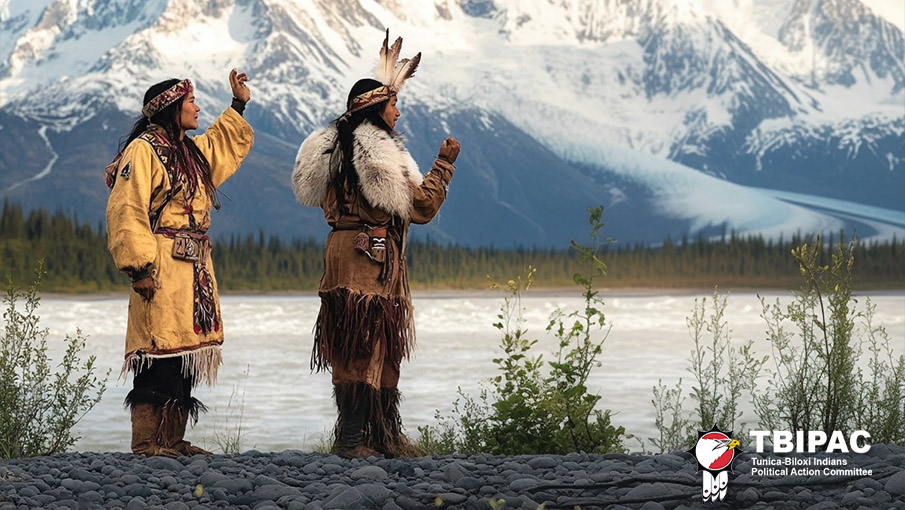The Alaska Native Tribal Health Consortium (ANTHC) has secured nearly $75 million in federal funding to support Alaska Native communities facing severe environmental challenges brought on by climate change. This substantial grant, totaling $74,950,045, is the largest federal allocation ever directed at climate resilience in Alaska’s Indigenous communities. The award, part of the Biden administration's Climate Resilience Regional Challenge grant under the Inflation Reduction Act, aims to bolster communities affected by extreme weather and environmental shifts in coastal areas across the nation.
This funding, provided through the U.S. Department of Commerce and the National Oceanic and Atmospheric Administration (NOAA), underscores the role of Alaska’s tribes as leaders in climate adaptation. The ANTHC will manage these funds through its Climate Initiatives Program, which focuses on building both local and regional expertise. This "transformational investment" will support approximately 100 Alaska Native communities by facilitating climate risk assessments, sharing adaptation knowledge, and offering increased technical assistance.
Jackie Qataliña Schaeffer, who leads the Climate Initiatives Program, emphasized that this grant will allow ANTHC to expand its team, creating numerous new full-time positions, including technical experts stationed in both Anchorage and affected rural regions. The funds will enable communities to access state-of-the-art scientific and engineering resources, empowering tribes to decide whether to reinforce their current settlements, manage strategic relocations, or fortify infrastructure against climate-induced threats like erosion and melting.
According to ANTHC Interim Head Natasha Singh, these climate impacts directly affect the health and safety of Alaska Native populations, threatening traditional food supplies, housing, and essential infrastructure. The funding and the self-governance approach championed by ANTHC will allow tribes to identify and implement solutions that best suit their needs for a resilient future.







